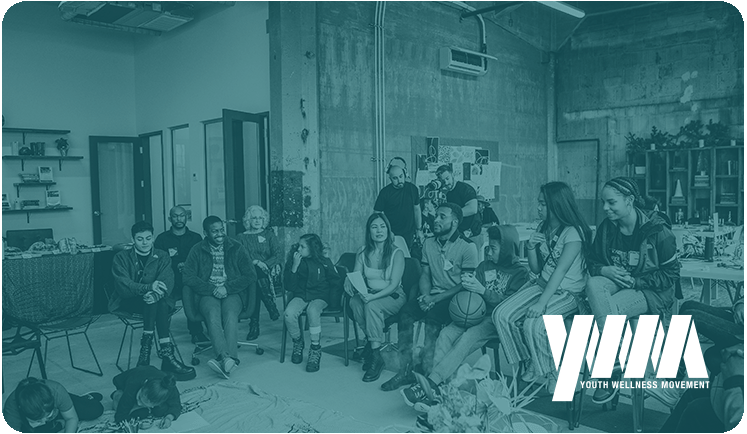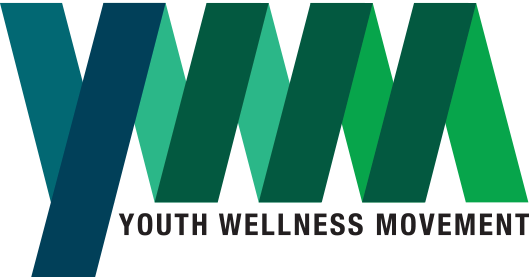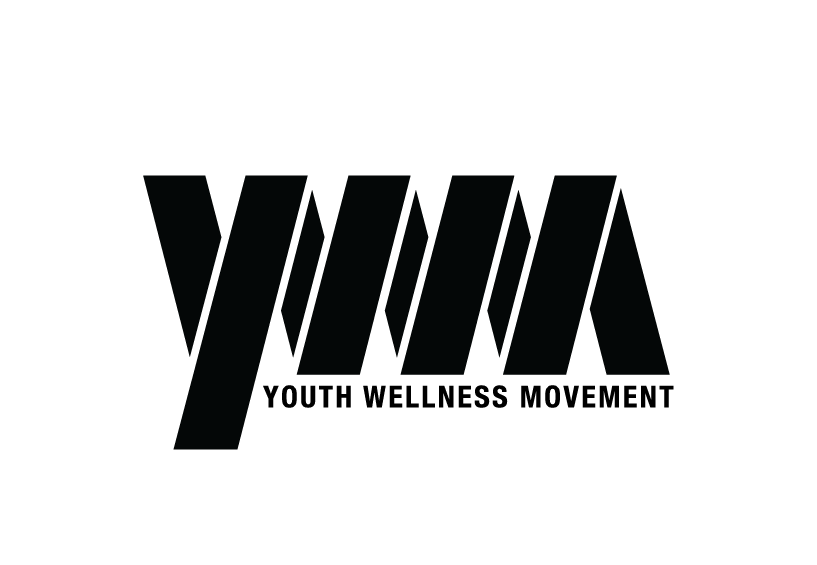Understanding Teacher Wellness and Un-wellness

1 Part Video – Total Time: 14:34
By Jorge Pacheco Jr.
The COVID-19 pandemic imposed an immense complex of stresses on teachers, bringing many teachers to decide whether to stay in the classroom or leave. Administrators, educational leaders, and policymakers need to know what types of stresses teachers are facing today and what solutions teachers wish to see in order to increase job satisfaction, teacher retention, and instructional quality. This TPAR is the first step in exploring those issues and solutions.
-
Focus
- Research Questions
- Goal
- Rationale
- Frameworks
Community Responsive Wellness
1. How is the pandemic affecting students’ mental, physical, emotional, and spiritual health? (Ideological, institutional, interpersonal, internalized)
2. What do students need to feel and be well? (Inner self, interpersonal, interconnectedness)
3. What do/can teachers do to support the well-being of students? How do/can schools support the well-being of students and teachers? (Inner self, interpersonal, interconnectedness)
I propose using methods and frameworks that are traditionally used in anthropological (framework: reflexivity), educational research (framework: human motivation theory, Maslow), indigenous research methodologies and frameworks (framework: analyzing impact through a holistic sense; connecting wellness to decolonization; connecting “un” wellness to colonization) and community-based research (which can be a framework itself) to provide a qualitatively and empirically rich narration of student wellness and solutions for improving that wellness.
As the pandemic continues to disproportionately affect communities of color and low-income communities, the importance of wellness has moved to the forefront of educational and healthcare systems, intersecting both sectors in new ways than ever before. What teachers need to know is how exactly the pandemic is affecting students’ wellness by identifying gaps, what solutions do students need to address those gaps, and what teachers and schools do to provide those solutions.
Indigenous research
Decolonization
Community-based research
About Jorge Pacheco Jr.
Jorge Pacheco Jr., along with his four sisters, was born and raised in San Jose to two amazing parents: his Maya-Korean father who came from a small Maya village in the Yucatan Peninsula and his Salvadoran mother who immigrated to the United States to escape the Salvadoran Civil War. He has served as a Native Studies teacher in the Bay Area since graduating from UC Berkeley in 2013. As a Native Studies teacher and indigenous activist, he is passionate about decolonizing schooling and bringing indigenous values into education. Jorge currently serves as Trustee for the Oak Grove School District (OGSD) Board of Education and President of the California Latino School Boards Association, where he leads an organization that represents and fights for Latino students and school board members across the state.


